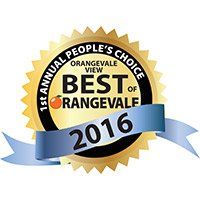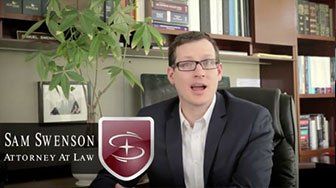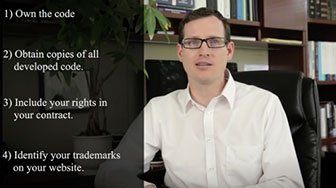PRACTICE AREAS
RATINGS
CONNECT WITH US
VIDEOS
What is Unfair Trade Practice?

Young and beautiful businesswoman tired from work in the office.
You have probably heard that it is illegal to conduct an unfair trade practice, but do you really understand what this means? Generally speaking, it is any trade practice used for the purpose of selling or supplying goods or services using an unfair or deceptive practice. Below are a few examples of unfair trade practices:
False Representations
A false representation can be made orally or in writing. Examples of common false representations include:
- Falsely claiming that goods or services meet a certain standard quality, quantity or composition
- Suggesting re-built, renovated, or reconditioned goods are new goods
- Representing that goods or services have been sponsored or approved when they have not
- Claiming that goods or services have characteristics, benefits or uses that they do not have
- Making misrepresentations regarding the need or usefulness of goods or services
- Falsely representing there is a warranty when there is no guarantee or promise the warranty will be fulfilled
False Offer of Bargain Price
When an advertisement represents that goods or services are offered at a bargain price, there must be a true intent to offer or sell them at that price for a reasonable period of time and with a reasonable quantity available. A “bargain price” is the price that is set forth in the advertisement or the price at which a reasonable person reading or seeing the advertisement would believe to be the better price than the price which such goods are usually sold.
Free Gifts Offer and Prize Schemes
It is an unfair trade practice to offer a gift or prize when goods are purchased if there is no intent to provide the additional gift or prize. It is also illegal to represent that an additional good is being offered as a free bonus when the price of the bonus good is wholly or partly covered by the price of the original item being sold.
Non-Compliance of Prescribed Standards
The law prohibits the sale of consumer goods if there is knowledge or reason to think that such goods do not comply with the standards governing the goods performance, design, construction, or packing, as is necessary to reduce or prohibit risk of injury to the consumer using such goods.
Hoarding, Destruction, Etc.
It is an unfair trade practice to hoard or destroy goods, or refuse to sell goods or provide services, with the intent to increase the cost of those or similar goods or services.
If you are interested in learning more about unfair trade practices or you have compliance questions, contact the legal team at The Swenson Law Firm for assistance.












